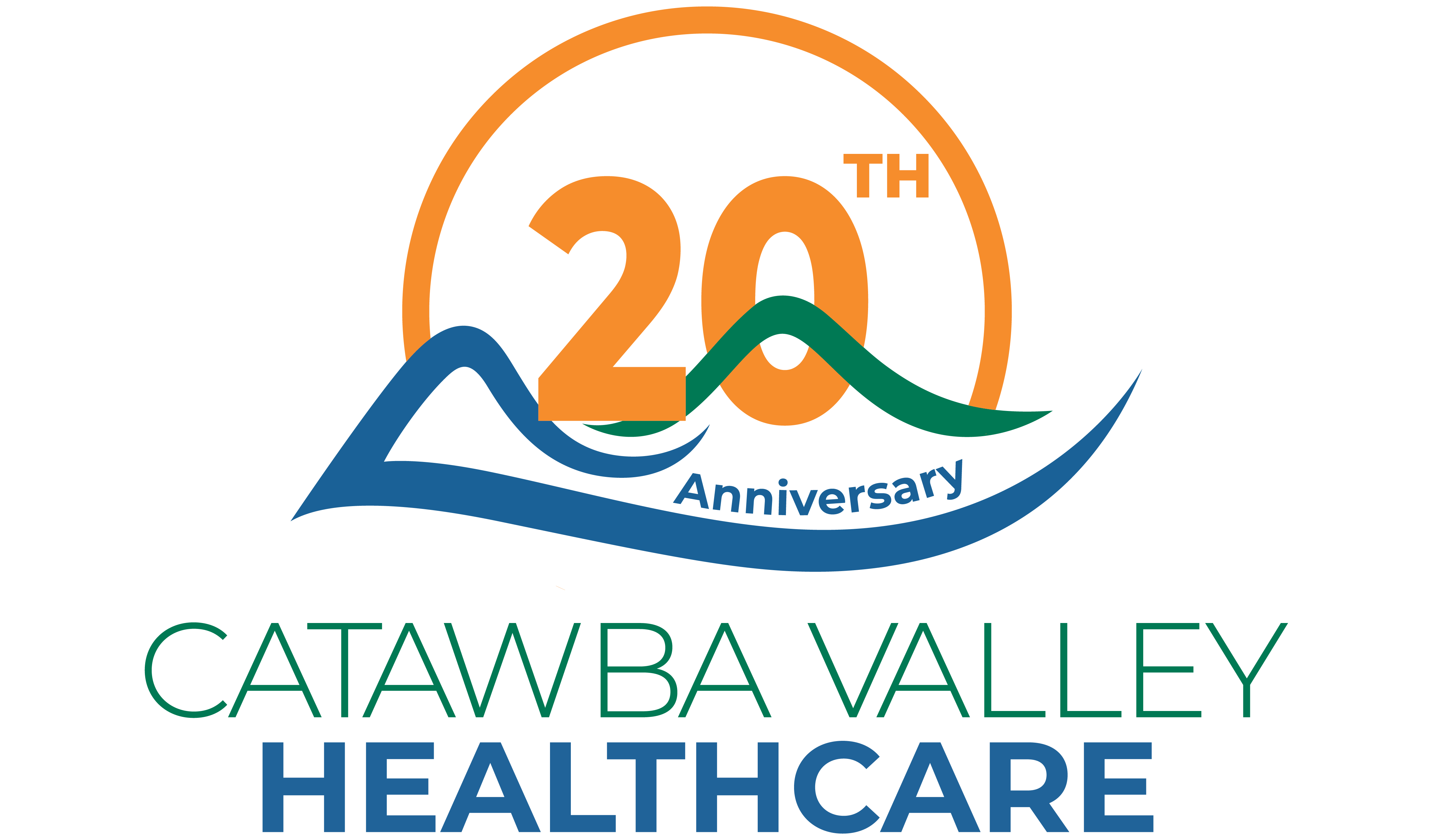Migraine Headache
and Prevention
Migraine Headache
and Prevention
A migraine is much more than a bad or severe headache. It is a neurological disease that can cause debilitating throbbing pain that can force you to be bedridden for days. Light, sounds, and movements can cause symptoms like pain, nausea, numbness, difficulty speaking, temporary loss of vision, visual disturbances, and more. Migraines affect the entire body, making it impossible to carry on normal activities. While the exact cause is unknown, migraines may result from abnormal brain activity temporarily affecting nerve signals, chemicals, and blood vessels in the brain.

Migraines often have the following symptoms:
- Severe throbbing pain, usually on one side of the head
- Feeling nauseous and sick
- Increased sensitivity to light or sound
Migraine treatments are focused on stopping the symptoms and preventing future attacks.
Medications used to treat migraines fall into two categories:
- Pain-relieving medications: types of drugs taken during a migraine attack designed to stop the symptoms
- Preventative medications: drugs usually taken regularly, often daily, to reduce the frequency or the severity of migraines
Your treatment choices for migraine relief depend on the frequency and severity of your headaches, whether you have nausea and vomiting with your headaches, and whether or not you have other medical conditions. The list of possible treatments and medications is long, including pain relievers, triptans, anti-nausea drugs, and many others. The list for preventative medicine is also long, including blood pressure-lowering medications, antidepressants, botox injections, and anti-seizure drugs, among others.
Migraine patients need to work closely with a provider to find the right medication and to develop an effective ongoing management plan that might include new lifestyle strategies such as new relaxation techniques, a headache diary, getting more regular exercise, developing sleeping and eating routines, drinking more water, trying acupuncture or meditation, and getting biofeedback.
If you suffer from migraines, consistent headaches, or severe headaches, contact Catawba Valley Healthcare at (828) 695-5900.
